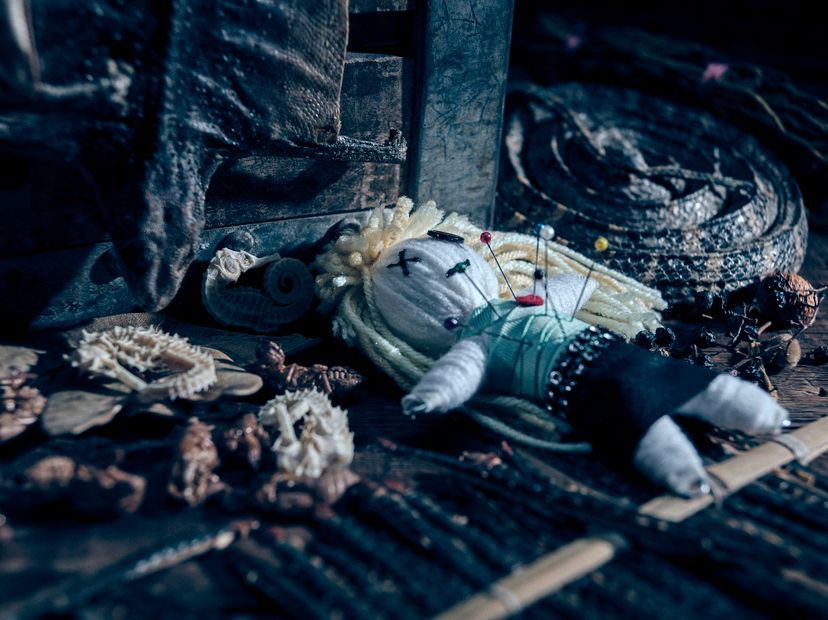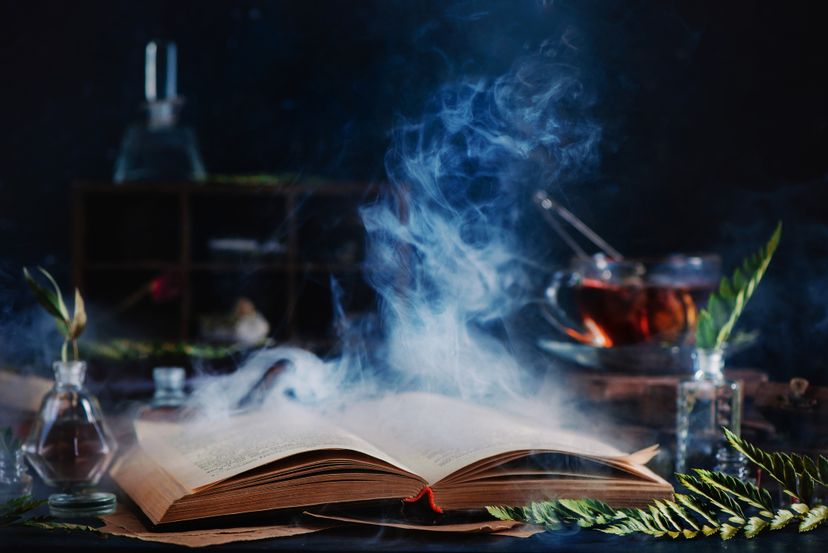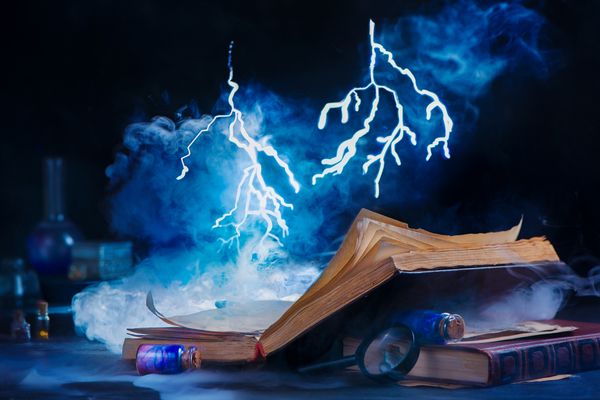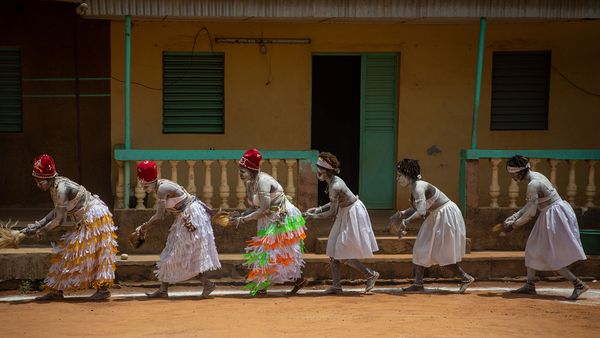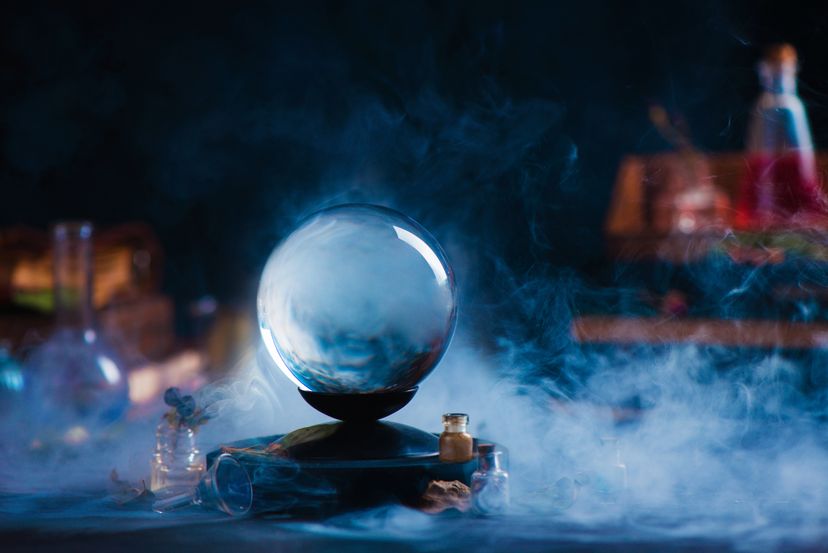
Key Takeaways
- Black magic has ancient roots in blurred spiritual practices involving forbidden rituals like necromancy and demonic invocations.
- Despite persecution in medieval times, black magic evolved with natural magic and continues to be practiced in diverse ways today.
- The practice raises ethical debates, intersects with religion, and appeals to individuals seeking control and transgression from societal norms.
<a></a>The concept of black magic has long held a mystical and often ominous allure, evoking images of dark rituals, demonic invocations, and the pursuit of selfish or malevolent ends. Yet, beyond the sensationalized portrayals in popular culture, the true nature of black magic is a complex and multifaceted subject, steeped in history, religion, and the evolution of esoteric practices. In this comprehensive exploration, we will delve into the origins, evolution, and modern perceptions of black magic, shedding light on its intricate relationship with the broader realms of magic, religion, and the occult.
Advertisement
